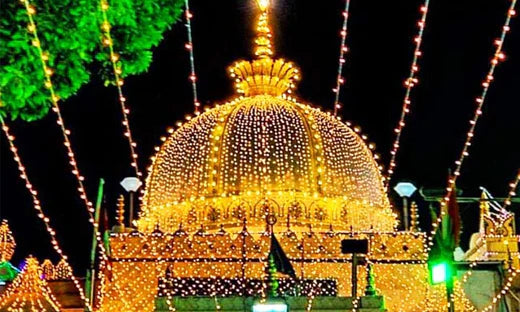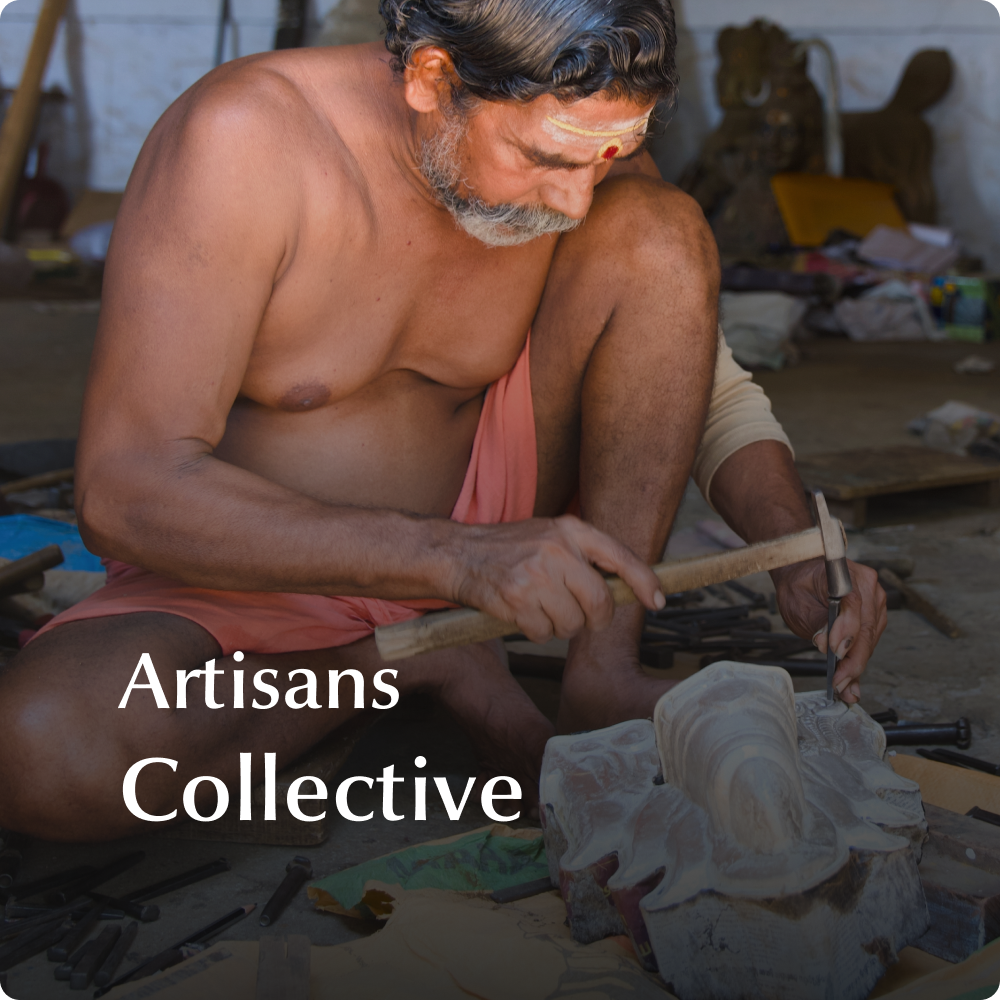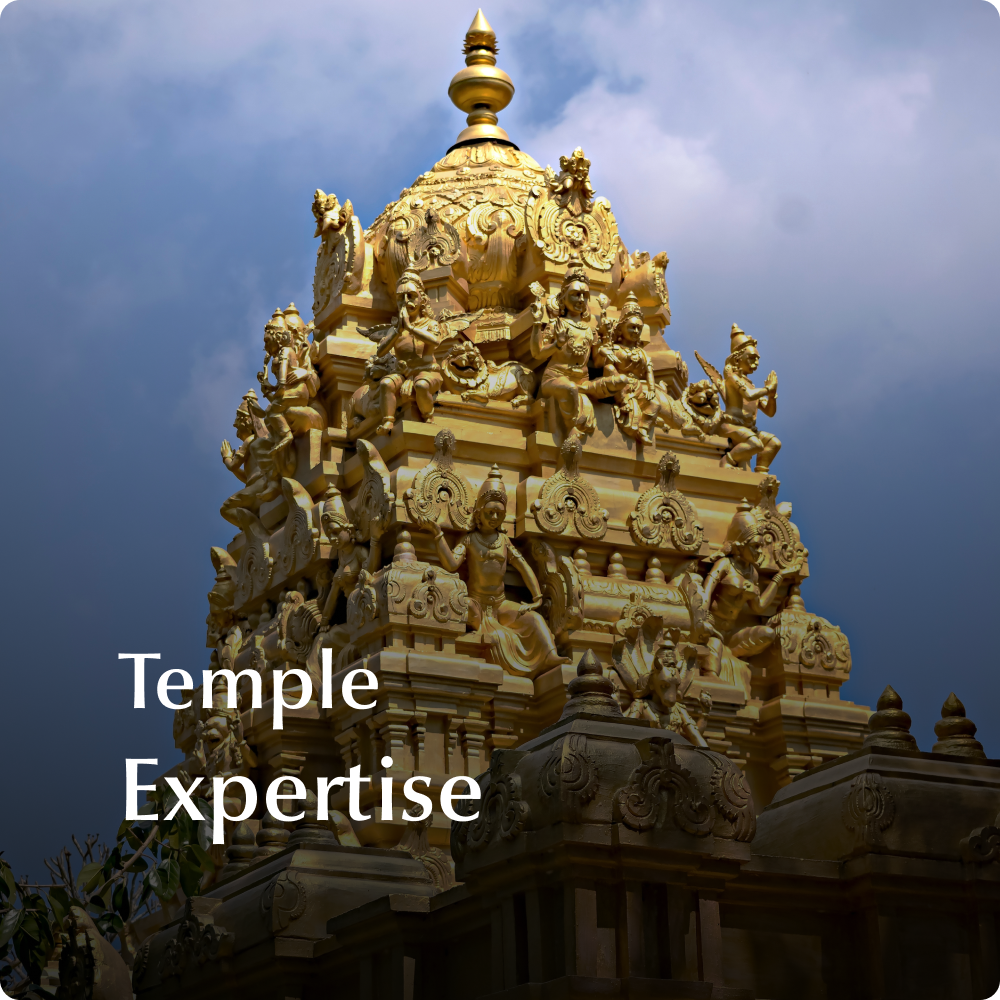Milad-un-Nabi or Eid-e-Milad is an Islamic festival, in honour of the Prophet Mohammed. On this day, the teachings of the prophet are remembered.
One of the major religions to be practised across the world is Islam. Spearheaded by the famed Prophet Mohammed, it is a religion of peace and oneness with the Divine, referred to as Allah. The teachings of Mohammed were instrumental in Islam becoming one of the top three religions in the world.
Every year, the anniversary of the birthday of the prophet is celebrated as Milad Un Nabi. In this blog we bring to you the story, significance and the proper way to honour the Prophet.

Birth of Mohammed:
As per records, the prophet Mohammed was born in 570 CE on the Twelfth day of the Muslim month Rabee-ul-Awwal, the third month in the Islamic calendar. He was born in the holy city of Mecca. Mohammed was destined for greatness, for the Quran is believed to have been orally recited to him by Allah himself, through the Arch Angel Gabriel. To honour this great leader, the Birth of Prophet Mohammed is celebrated by Muslims across the world, and is a National holiday in Islamic nations
The day is referred to as Milad Un Nabi or Eid E Milad. The song that has been sung in his praise since ages past is called the Maulid. Just listening to the song is said to bring both material and divine rewards.

Celebrations by Shia Muslims:
Shia Muslims believe that the Prophet Mohammed had selected Hazrat Ali as his successor. They also call the day as Eid-al-Gadhir, a name that marks the event of his handing over the spiritual reins to Hazrat Ali at Gadhir-e-Khumm. They gather together communally to recite the praises of Allah and the Prophet Mohammed. They thank Allah for sending them Prophet Mohammed to guide them. They also practise mourning on this day as it is believed to be the day when Prophet Mohammed passed away from the material world.
Many sermons and lectures are arranged, presided by the local religious leaders. People participate by reciting poems in praise of Allah and Mohammed. Food and Sweets are distributed to the poor, as acts of charity.

Celebrations by Sunni Muslims:
The Sunni Muslims hold prayers throughout the month. On the 12th Day, they honour the Prophet Mohammed and his teachings. They do not mourn his death, as mourning beyond three days of a death is said to hurt the departed soul.
People go out in processions singing the praise of Mohammed and Hazrat Ali. Decorated floats depicting scenes from their lives and religious sites are carried in the procession. Various sweets are prepared at home and distributed to everyone. The delicacy of the day is Kheer made from milk and rice.

The ceremonies of Urs or Sandals:
The procession known as Urs or Sandals is performed in certain parts of India. A representation of the Prophet’s body is placed in a glass coffin and is carried in the procession. Footprints of the Prophet engraved in stone, the Buraq and the Horse are also part of the procession. The engraved footprints are anointed with sandalwood paste and fragrant oils. Songs of praise and mourning are both sung in the Sandals.







